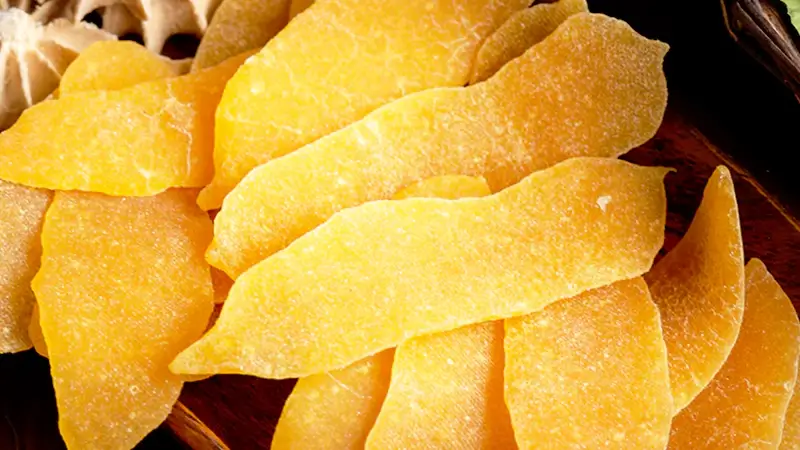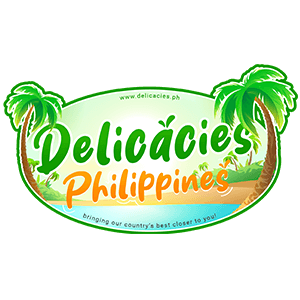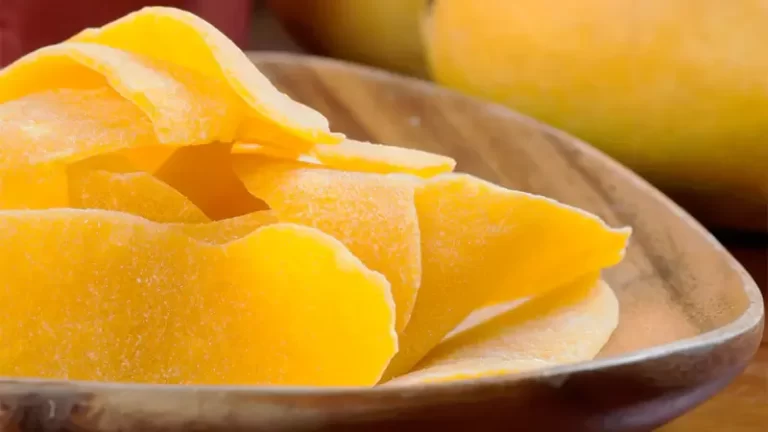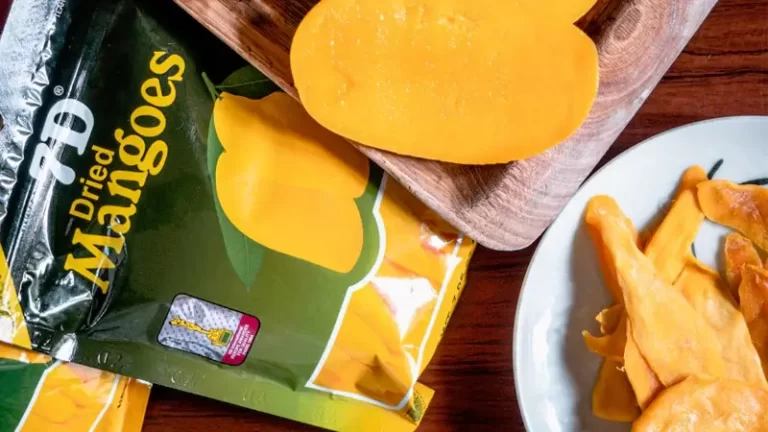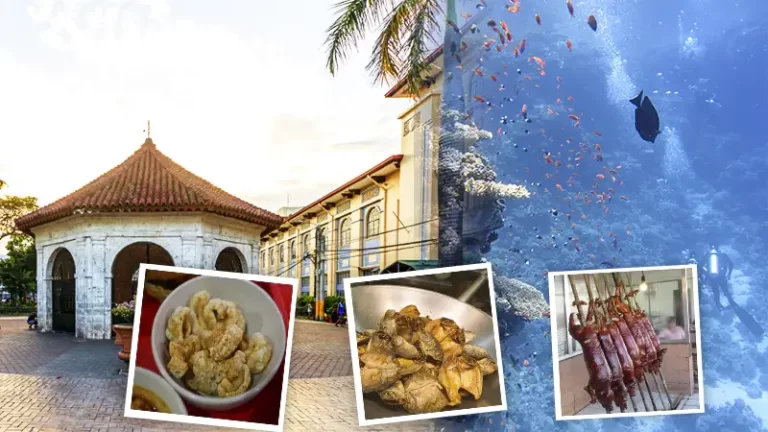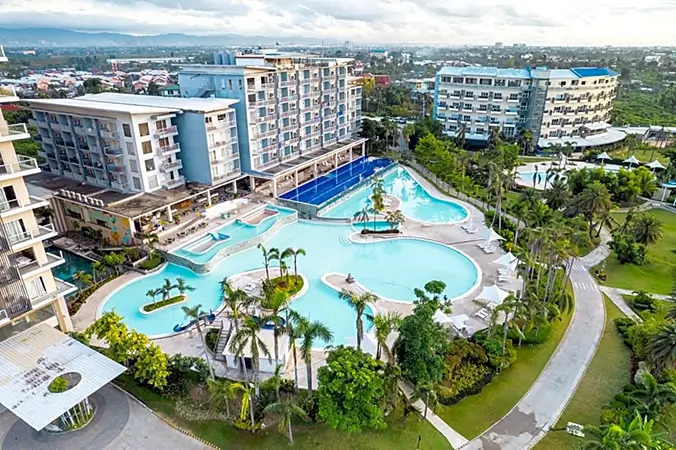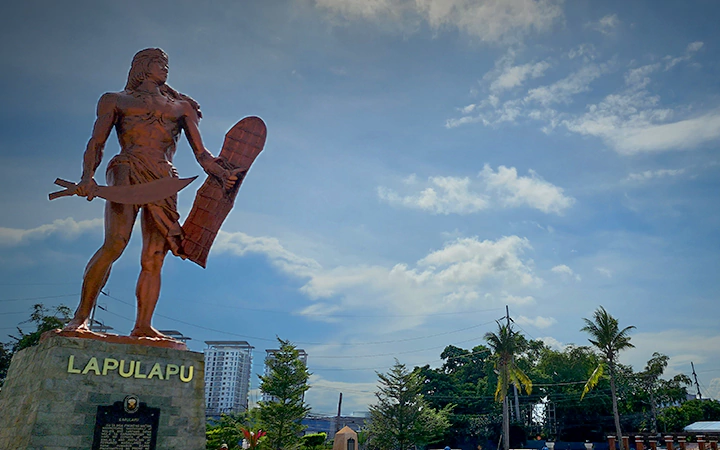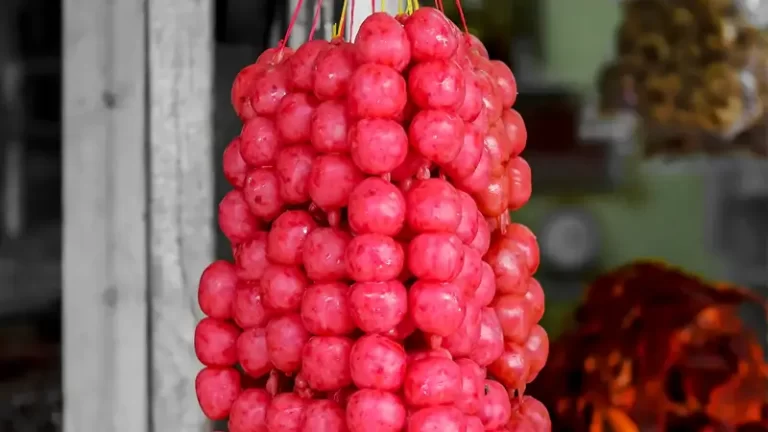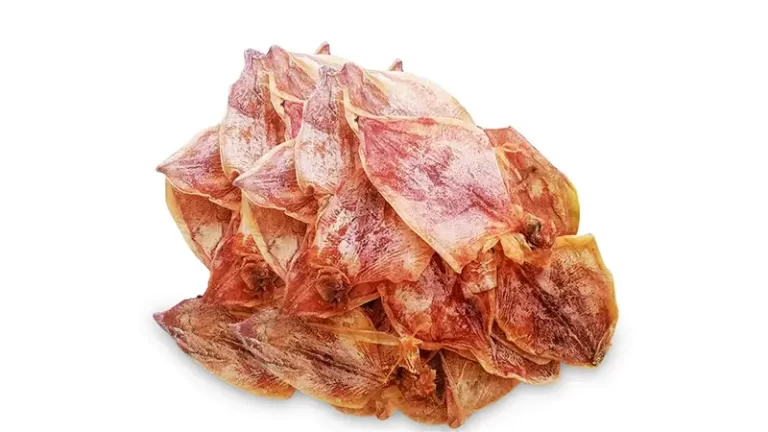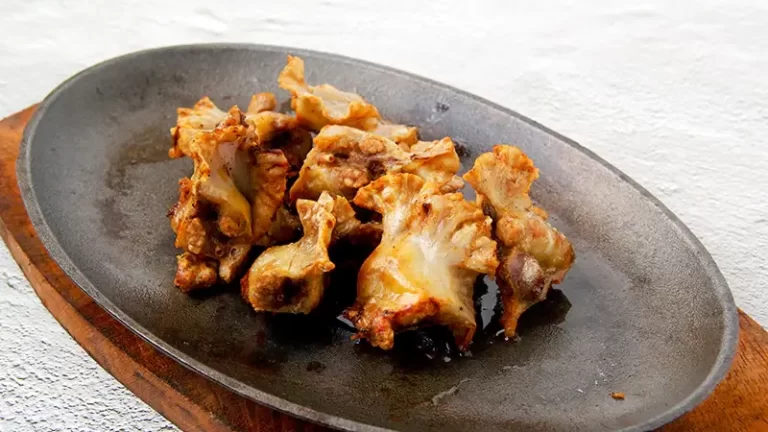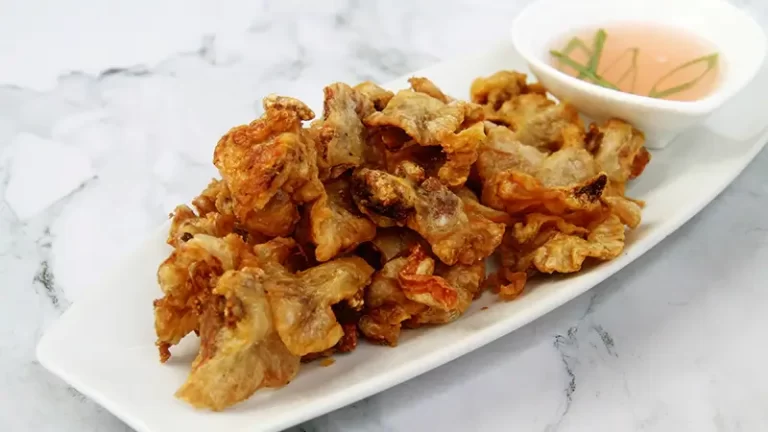Aside from lechon, Cebu is also home to some of the best mangoes in the country.
Airport shops, delicacy corners in grocery stores, and pasalubong centers are always filled with stocks of different dried mango brands, especially dried mango Cebu. It is one of the most popular and most recognizable dried fruit snacks ever made. Its delectable and sweet taste is the main reason why locals and tourists alike just can’t get enough of this snack.
Want to learn more about dried mango Cebu?
Keep reading! In this article, we discuss everything you need to know about dried mangoes – from their production process, nutrients, benefits, top brands, and more!
What is Dried Mango?
First things first: What exactly is dried mango?
Mango is one of the most popular tropical fruits, thanks to its sweet taste and health benefits. However, it’s a seasonal and highly perishable fruit. So, people looked for a way to prolong this fruit’s life – and this is where dried mango comes in.
Dried mango is a dehydrated version of its fresh counterpart. The reduced water activity makes it shelf-stable and reduces spoilage.
Dried Mango: Production Process
So, how is dried mango Cebu (and other dried mango products) made? What’s the process?
Before the drying process begins, the mango that has been sliced will usually have moisture on the surface. Hot air drying is a major method of processing agricultural and sideline products, its principle being that hot air is flowing into the chamber to heat the material and speed up the flow of air so that the water drains away quickly and lets the mangoes slices dry.
In the drying process, warm air that has little moisture will be used to pick up the moisture on the surface of the sliced mango. As the water on the surface is being evaporated, the water from inside the mango is also being drawn out to the surface to replace the lost moisture. The process of water being drawn out from the center of the material to the surface is called diffusion. Then the moisture will also be taken away by the warm air.
As moisture is being drawn out to the surface, moisture on the surface will be less visible until it reached a point where the surface will no longer look wet. The rate of moisture removal will also be slower as time goes on. As moisture is drained out of the mango, its cellular structure will begin to break down, causing the mango to shrink. At high temperatures, moisture can be drawn out too quickly that a thick hard layer is formed on the surface of the mango.
The thick layer will trap moisture inside the mango making it really difficult to entirely dehydrate the mango. This phenomenon of developing a hard skin-like outer layer is called case-hardening. Case hardening is the result of a large amount of heat dehydrated production, which hardens the exterior of the fruit or vegetable, making it difficult to avoid moisture crumbs.
The food is dried at a very high temperature, the outer surface will harden, preventing moisture from escaping through the center of the slice. The food shrinks when it dries, so use fine hemp for small fruits. This results in the fruit center remaining moist and then prone to spoilage during storage.
Dried Mango Nutrients
Mangos are a rich source of Vitamin C. However, as a result of the drying process, the nutritional value of dried mangos differs slightly from that of fresh mango. The Vitamin C content is reduced, but dried mango Cebu still contains a significant amount of fiber and antioxidants.
A 1/4 cup (40 grams or about 9 pieces) serving of dry mango delivers:
- Calories: 128
- Carbs: 31 grams
- Fiber: 1 gram
- Sugar: 27 grams
- Protein: 1 gram
- Vitamin C: 19% of the Daily Value (DV)
- Folate: 7% of the DV
- Vitamin A: 3% of the DV
Additionally, dried mango provides vitamin C, which promotes healthy skin and a strong immune system by acting as a powerful antioxidant — a compound that fights free radicals to protect you from cell damage and chronic diseases. Moreover, its vitamin A and folate (vitamin B9) content supports eye health and DNA synthesis.
Nevertheless, aside from providing high amounts of vitamins, dried mango is also high in calories and naturally occurring sugars, which may lead to high blood sugar levels and unwanted weight gain if consumed in large amounts. So, moderation is key.
Note: Dried mango can be purchased sweetened or unsweetened. Take note that the sweetened version will have more sugar. Check labels to compare nutrition information across brands and varieties.
Dried Mango Benefits
Mangoes may have benefits for reducing one’s risk of diabetes, cancer, and inflammation, mostly due to their high antioxidant content — namely carotenoids and polyphenols. However, research shows that the drying process for dried mango affects the mango’s nutritional quality, particularly heat-sensitive nutrients such as beta carotene — its main type of carotenoid. In fact, it may be reduced by up to 53%, compared with fresh fruit.
However, this doesn’t mean that dried mango is no longer a good source of antioxidants, as it still provides beta-carotene, beta-cryptoxanthin, luteoxanthin, and violaxanthin. Dried mango also provides dietary fiber, which may help improve gut health.
Lastly, having some dried mango may lead to higher diet quality, as evidence has linked dried fruit consumption with improved nutrient intake and lower body weight and fat measurements.
Dried mangoes are excellent fat-free alternatives to sugary snacks. With its sweet and non-acidic zest, this dried fruit product is rich in vitamins and minerals and made from the best-handpicked mangoes of Cebu. Each bite is guaranteed to be chewy, tasty, and full of flavor!
Plus, dried mangoes are perfect for every occasion. You can serve them as appetizers or desserts in dinners. You can even bring them on outdoor excursions and outings. These chewy nibbles are perfect whether you are at work, at play, or simply at home.
Best Dried Mango Cebu Brands
Looking for the best-dried mango Cebu brands? There are many different brands of dried mangoes to choose from, but if you’re looking for some of the best-tasting and affordable dried mangos, make sure to check out these brands.
One of the most trusted dried mango Cebu brands is 7D. An internationally-recognized and multi-awarded brand, 7D produces some of the most affordable and delicious dried mangoes in the country!
FPD Food International Inc. produces super quality and world-class mango products including dried mangoes, dried pineapple, dried mango rind candy, mango nectar, mango puree, and other assortments.
In meeting local and export demands, the company procures not only from the mango-abundant Cebu island but also from different parts of the Philippines.
The Philippine company carries the world-renowned 7D brand, which has been in the local and international market for over 40 years!
Brief History. In 1972, Mr. Francisco P. David founded FD Mango Dealer as a sole proprietorship with intensive mango production as its major activity.
In 1978, due to the success of the fresh mango production business, Mr. David established 7D Dried Mangoes as a sole proprietorship involved in processing fresh mangoes into the 7D brand of dried mangoes, which is now globally renowned for its unique sweet and sour blend, rich mango taste, and excellent aroma.
Another top producer of dried mango in Cebu is none other than Profood Dried Mangoes. Competitively priced and absolutely delicious, make sure you try their dried mango products as well!
Profood International Corporation is the largest Philippine-based dried mango producer and the standard-bearer of world-class processed fruit products from the Philippine Islands. The company is ISO 9001:2008, HACCP, NSF, BRC, HALAL, & KOSHER-certified.
From a small company that once catered only to the local market, Profood International Corporation has grown to become the leading producer of various dried fruits, fruit preserves, purees, frozen fruits, concentrates, and juices.
Its products are available all over the Philippines and are exported across Asia, Europe, Canada, the United States, Australia, New Zealand, and other emerging global markets.
Profood is also the home of the Philippines’ first mango museum and factory tour!
The Profood Gallery has a museum, two small theaters where videos on Pro food and the mango fruit are shown, and a one-stop pasalubong gift shop showcasing Profood’s products and other souvenirs that the Philippines is famous for.
To book a tour, visit http://www.profoodgallery.com. For inquiries to the Gallery gift shop, call (6332) 5209349 or email [email protected].
Guadalupe Dried Mangoes is a rising dried mango Cebu brand that you should definitely check out! Offering everything from choco-coated dried mangoes, and dried mango strips, to the classic dried mango cuts, Guadalupe Dried Mangoes offers the best-dried mangoes that Cebu has to offer!
Dried Mango Cebu Price
Prices of dried mangoes vary depending on pack sizes and brand names. However, dried mango Cebu is one of the most affordable brands that you can find in the market.
Where to Buy Dried Mango
From airport shops, delicacy corners in grocery stores, and pasalubong centers – you can find and buy dried mango at almost any store nationwide!
Plus, you can also purchase them online.
BigBuyMall.ph is one of the online stores where you can order Special Dried mangoes from Cebu.
Simply visit BigBuyMall.ph website to check the available Cebu Special Dried Mango. Sometimes, Free Shipping is also offered on this website’s Deals and Promo, along with the other Special Cebu Delicacies.

